Scientific meeting: “Geographical basis for the sustainable development of mountain and lowland landscapes”...
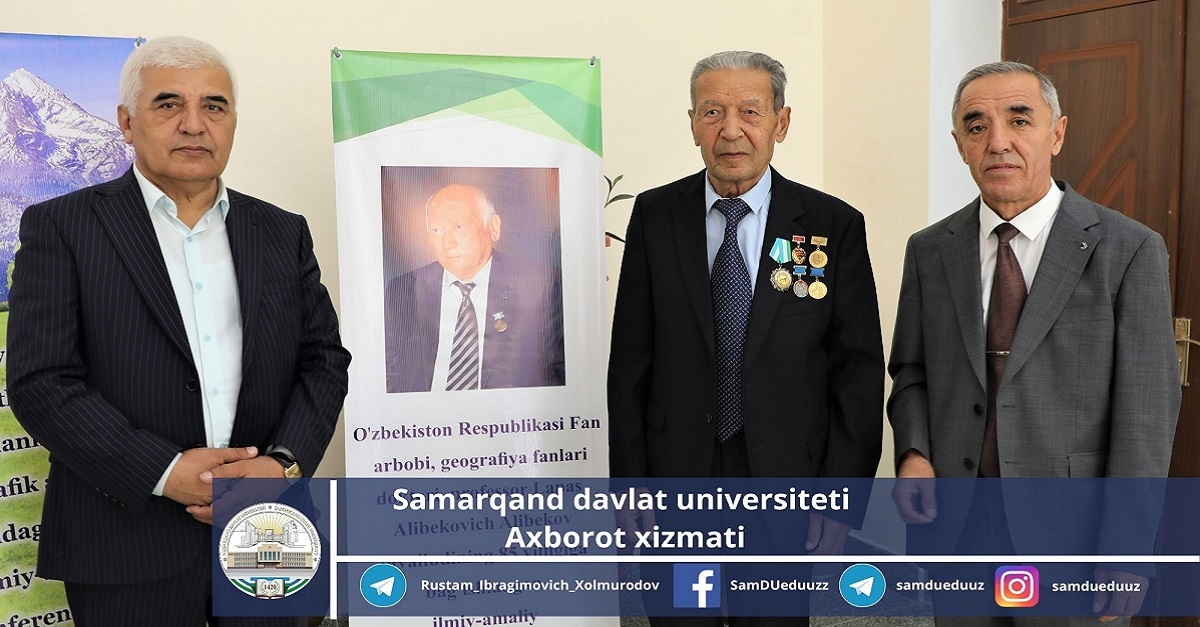
A conference dedicated to the 85th anniversary of the birth of Lapas Alibekov, a scientist of the Republic of Uzbekistan, “Geographical foundations for the sustainable development of mountain and plain landscapes” was held at Samarkand State University. Representatives of the scientific community, the scientist’s family and foreign guests took part in the conference.
Hakim Khushvaktov, Vice-Rector for Scientific Work and Innovation at Samarkand State University, opened the event with an opening speech and wished the conference participants good luck.
“As a result of his research, Lapas Alibekov for the first time studied the mechanisms of mutual natural-geographical influence, gradual connections and connections between the mountain and lowland landscapes of Central Asia, under the influence of human economic activity, and identified the laws of change,” says SamSU professor Subkhan Abbasov. - The scientist introduced the concept of “geopara” into the scientific problem, i.e. “double complexes” in relation to a pair of mountains and plains, characteristic of the natural-geographical region of Central Asia. Also, using the example of the Central Asian region, the patterns of circulation of substances and living organisms between mountains and plains are revealed. Famous geographers A. Ryabchikov, N. Mikhailov, N. Nikolaev highly appreciated this research work of the scientist. Lapas Alibekov did not create his research works based on the study of scientific literature, but conducted geographical research in this area. He devoted his doctoral work to the landscapes of the Garbi-Zarafshan Mountains and conducted expeditions in the meridional and latitudinal direction of this mountain.
“Lapas Alibekov comprehensively studied the desertification processes developing in Central Asia, especially in Uzbekistan, and analyzed in detail the natural and anthropogenic mechanisms of desertification and its socio-economic consequences,” says Alikul Ravshanov, dean of the Faculty of Geography and Ecology of Samara State University. - As a result of studying desertification processes, he developed a scientific and practical model of cause-and-effect relationships in the form of “factor-process-result”. He identified 8 main types of ecosystems (landscapes) on the territory of Uzbekistan and determined the intensity of local trends in climate change and desertification processes under their influence. In his scientific activities, Lapas Alibekov raised issues related to the nature of Central Asia, including Uzbekistan, its effective use and protection. Taking into account these research works, in 2002-2011 he worked as an international expert in the NATO program “Desertification Process in Arid Regions”. More than 400 scientific works of the scientist have been published in national and foreign scientific journals...
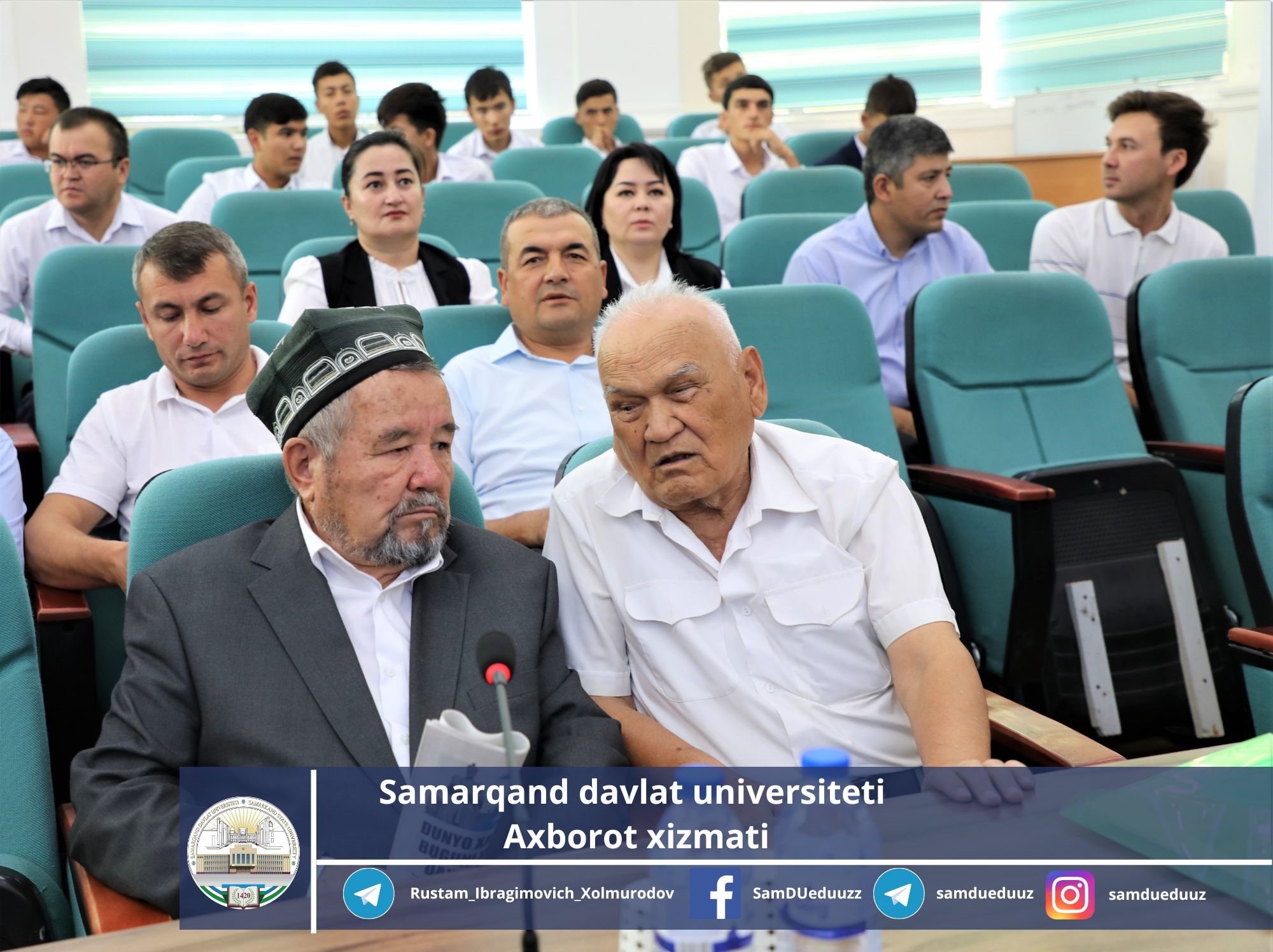
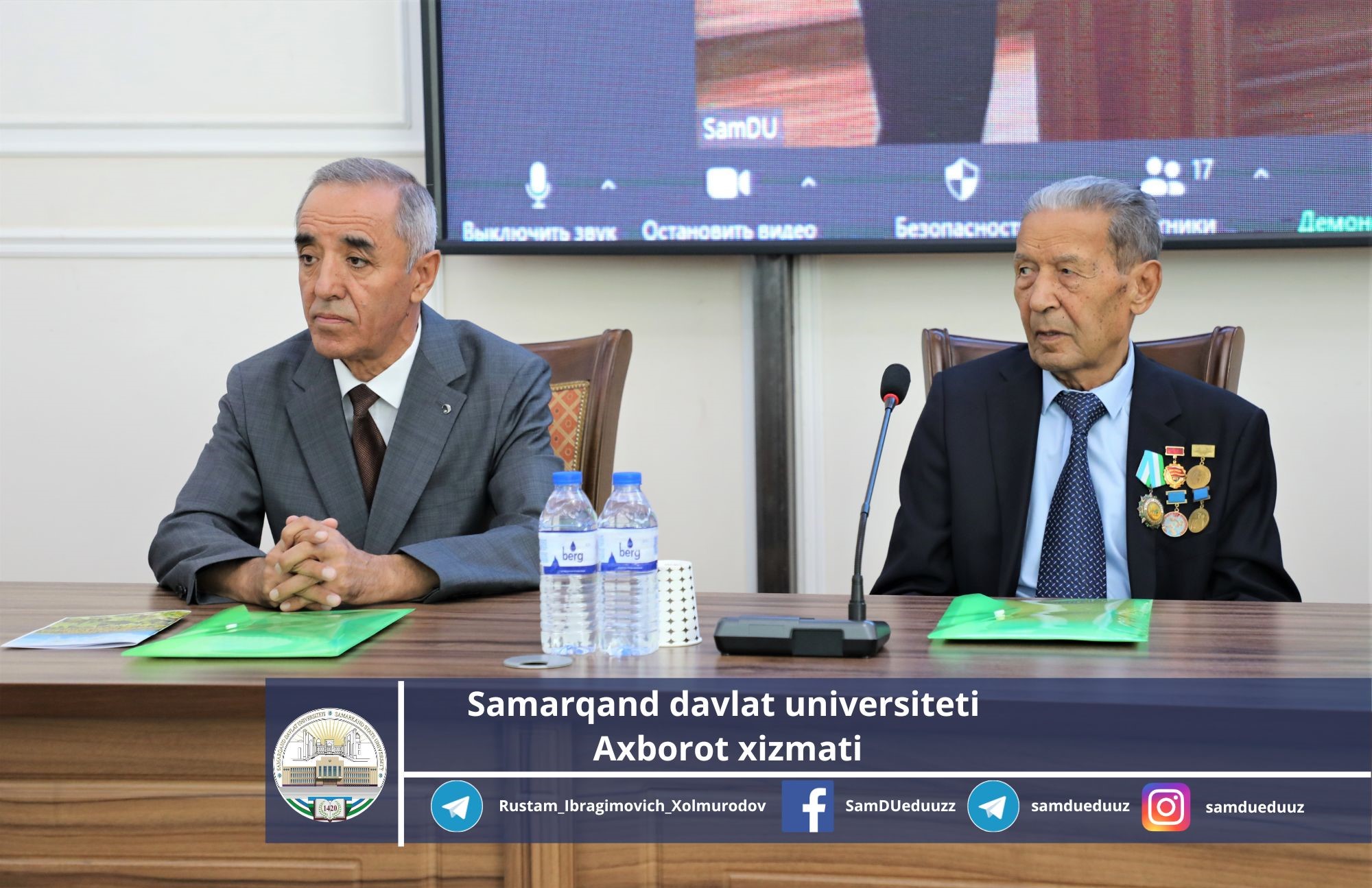
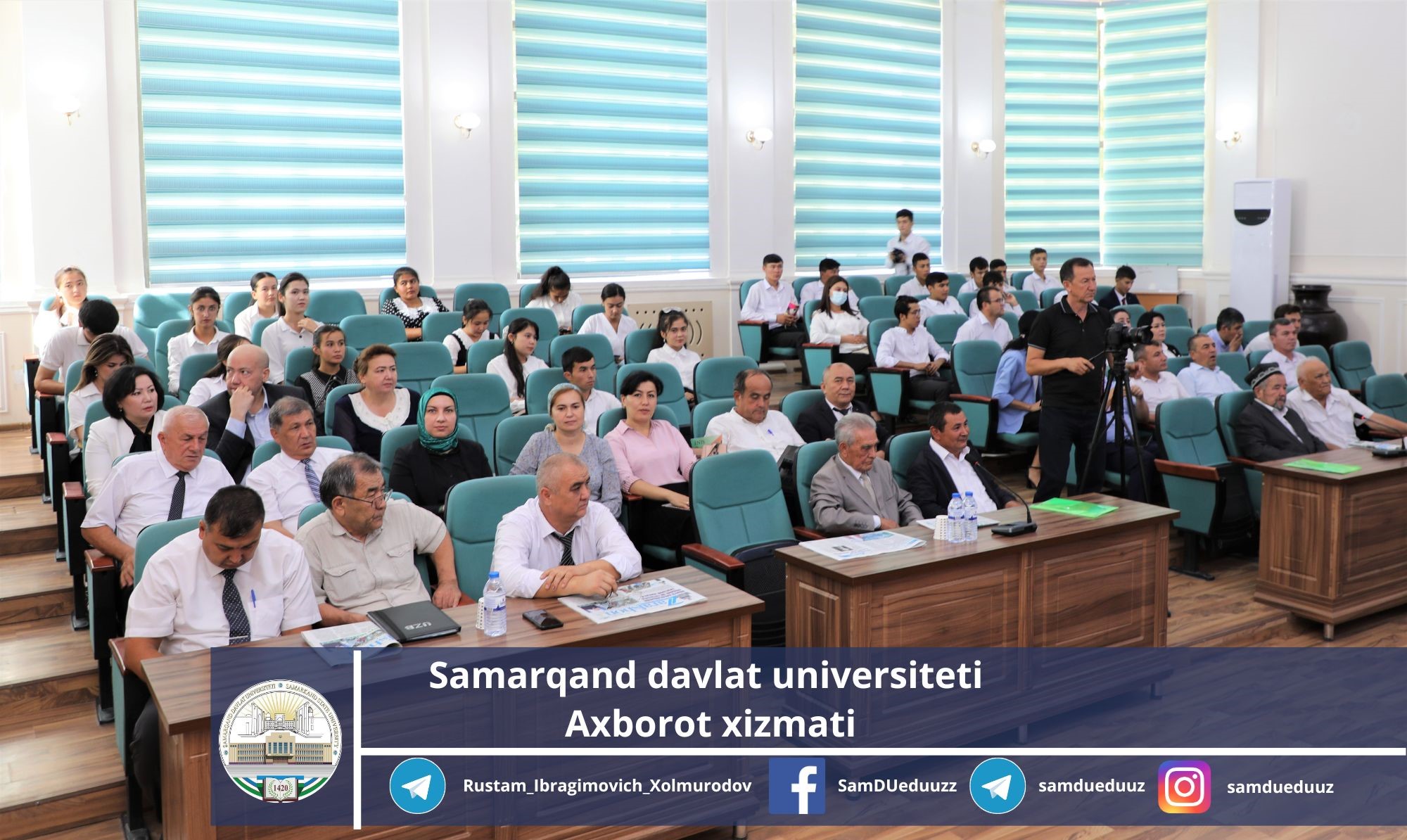
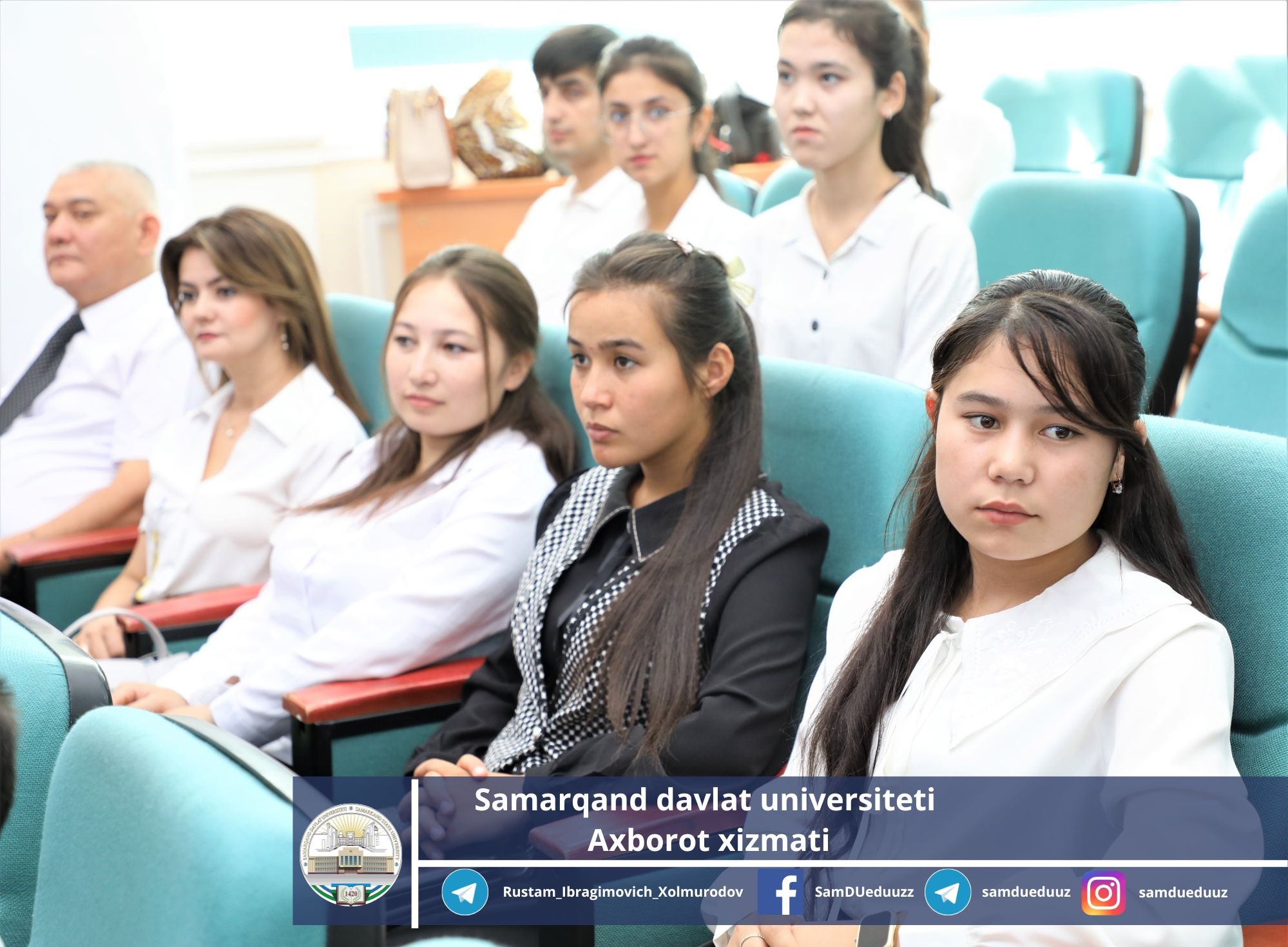
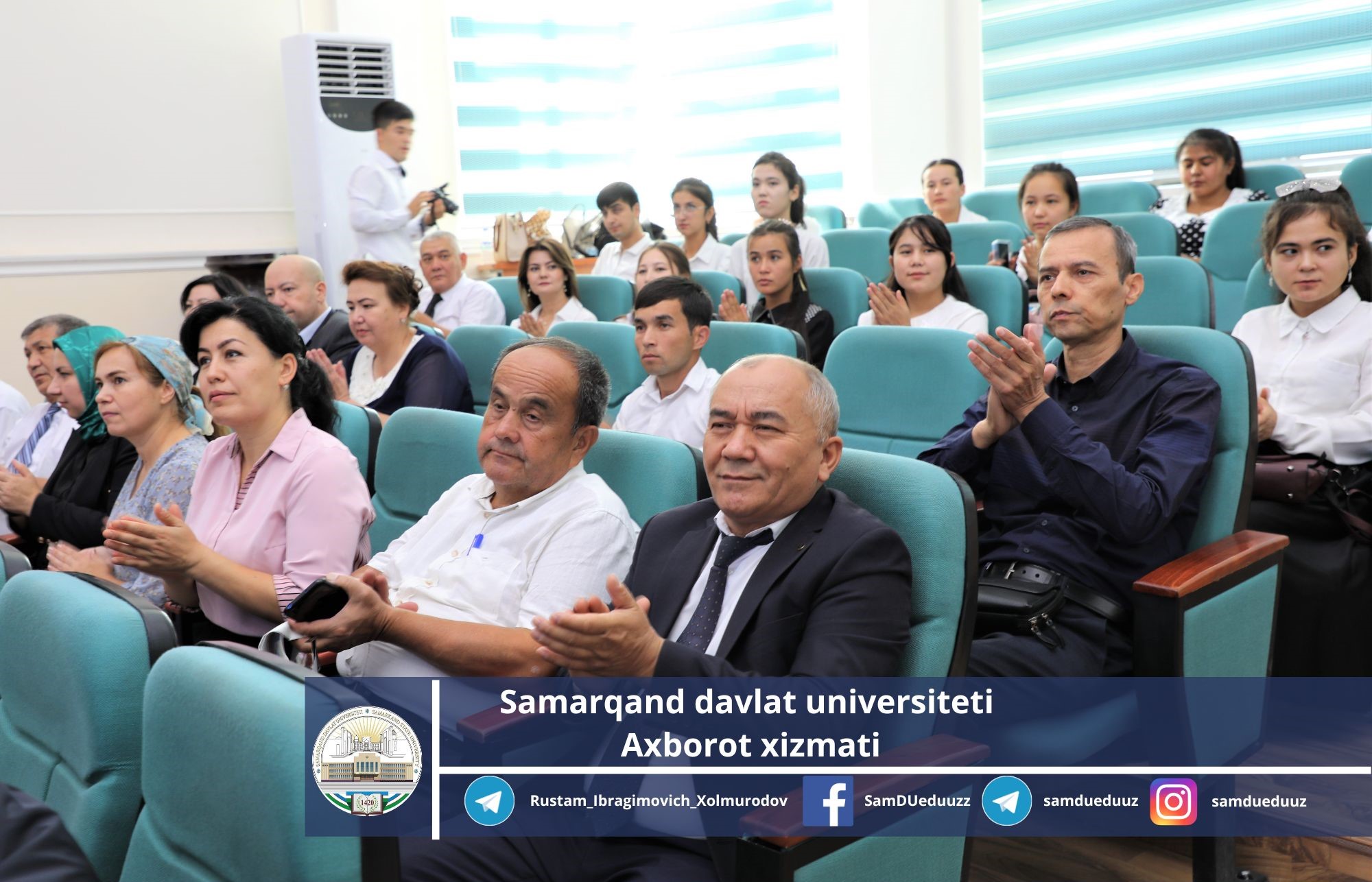
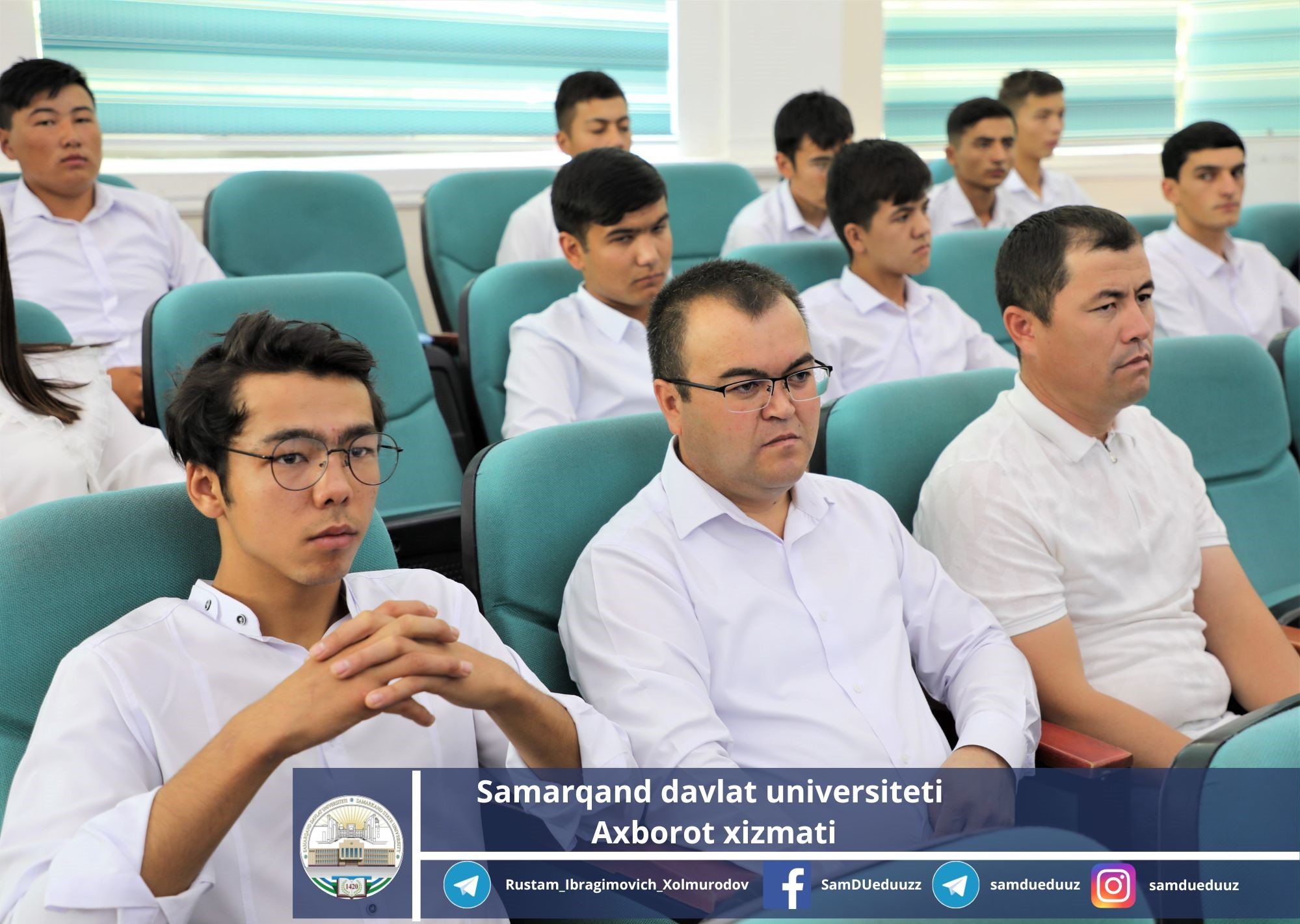
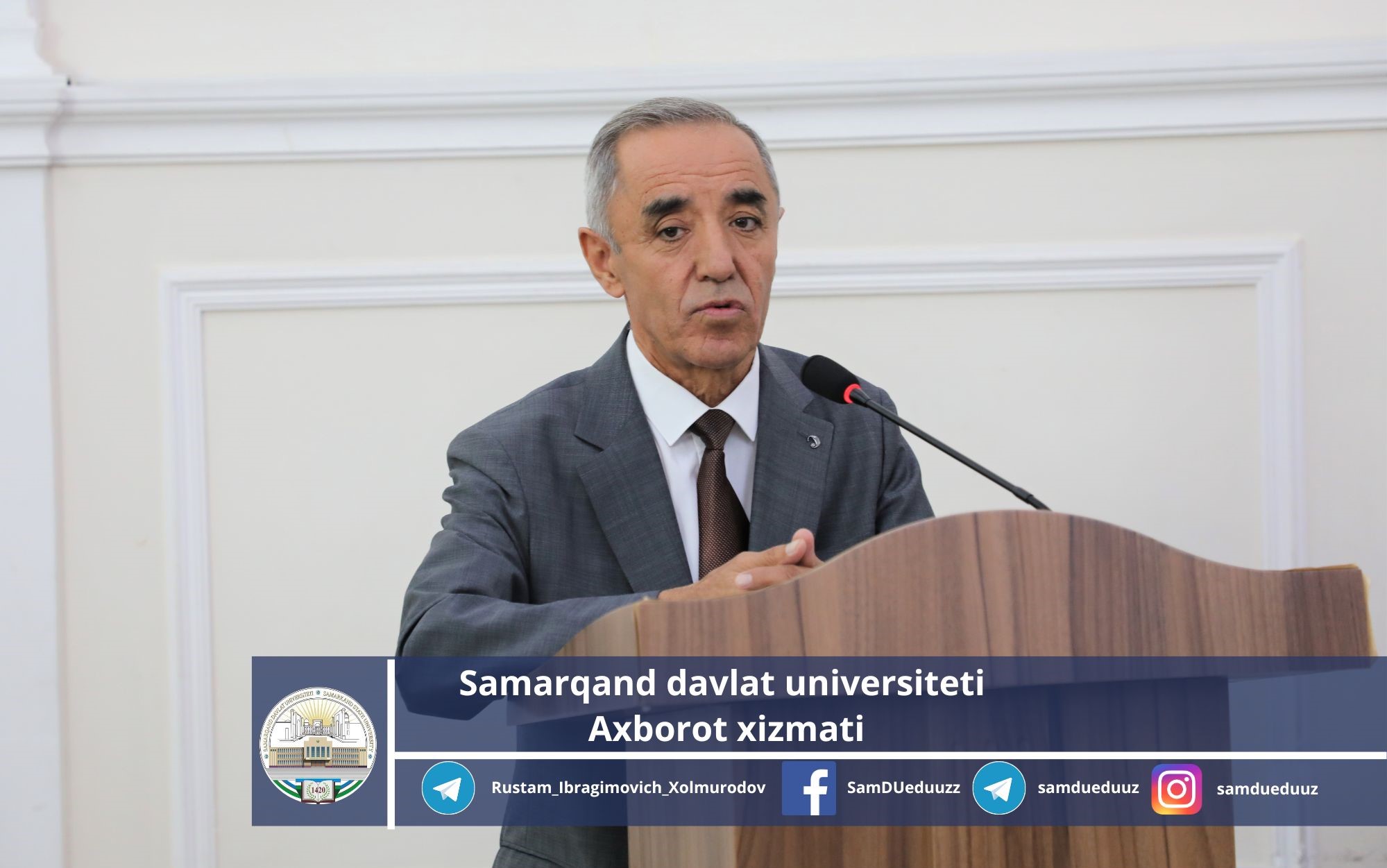
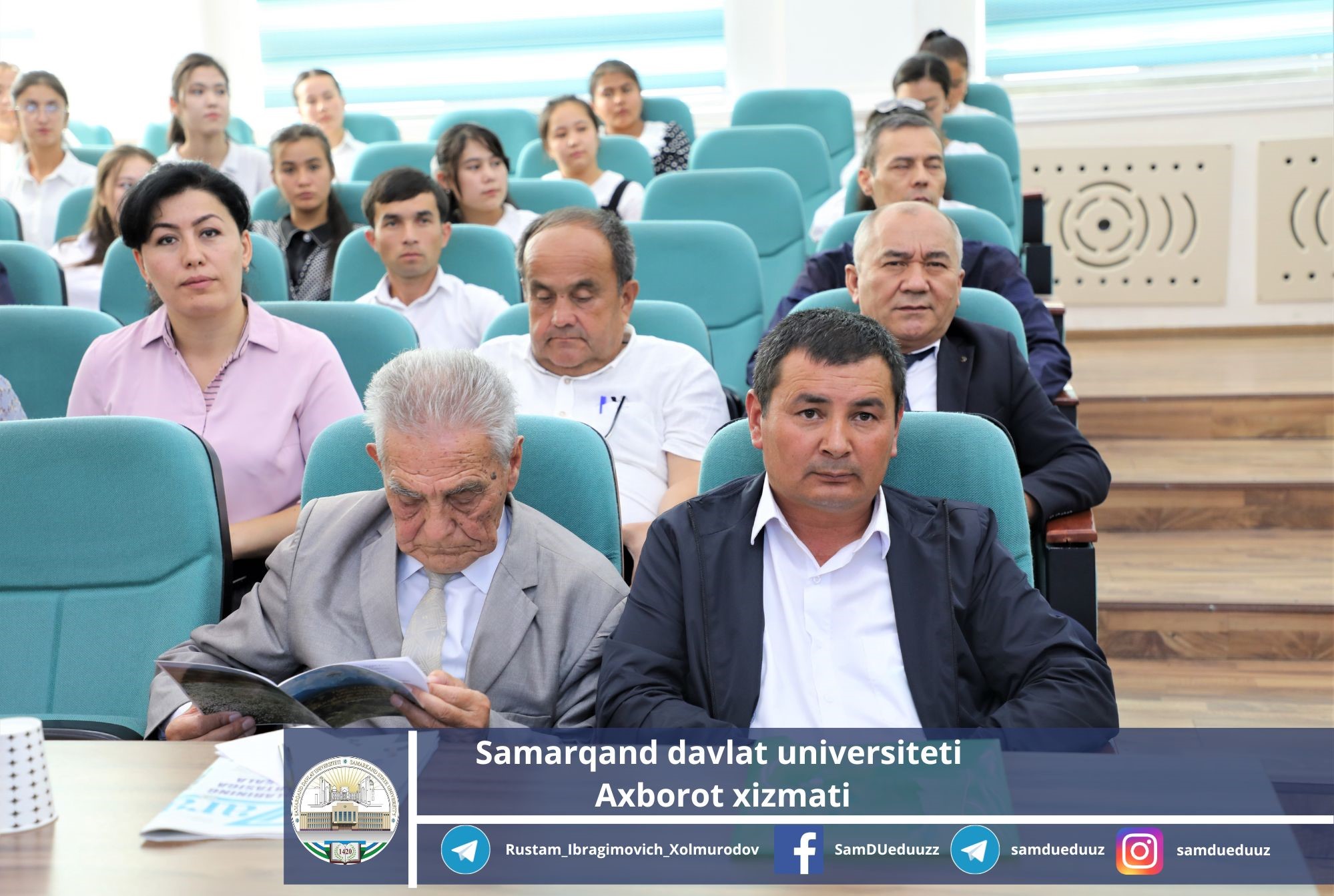
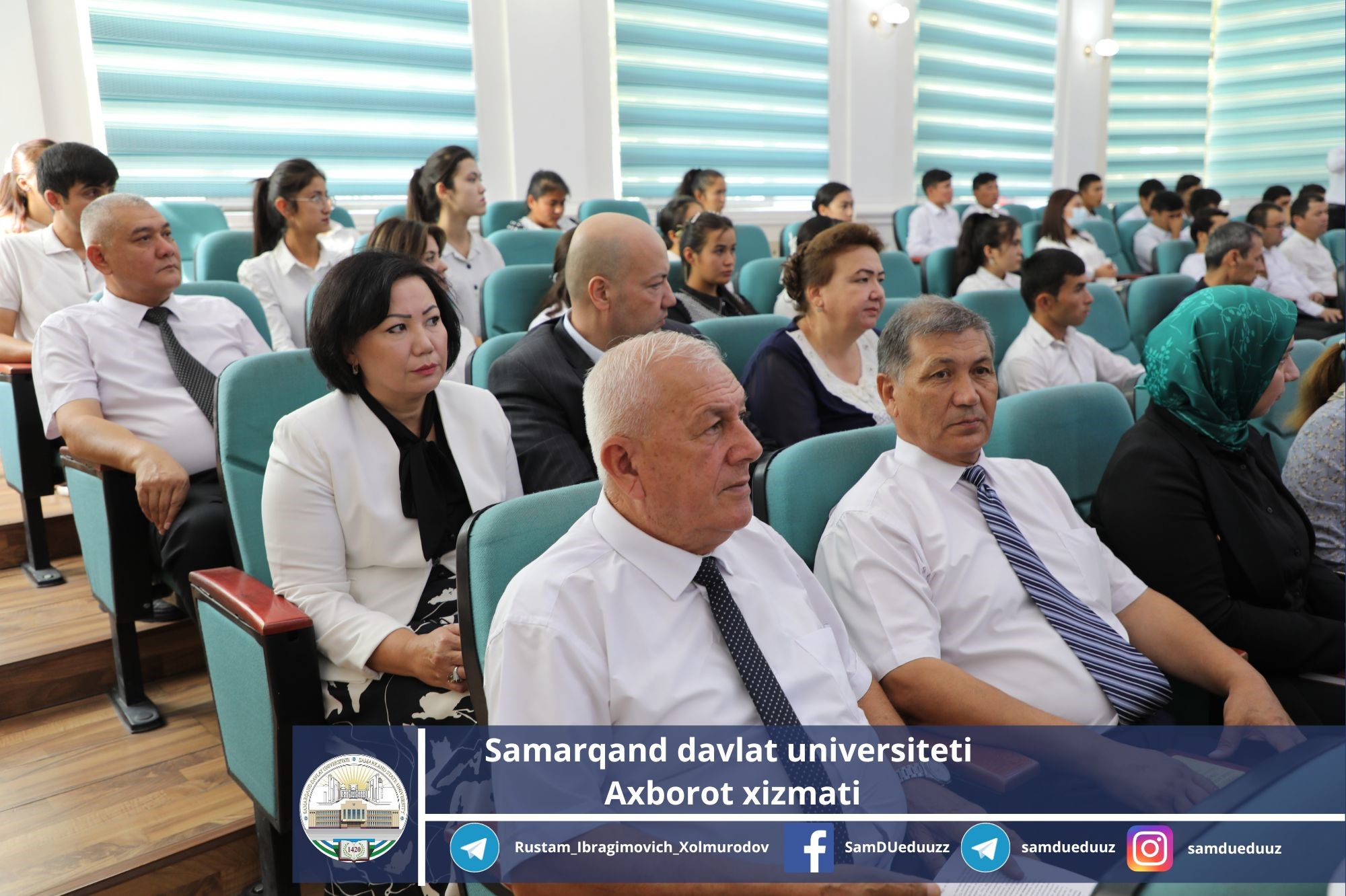
Information service of
Samarkand State University

